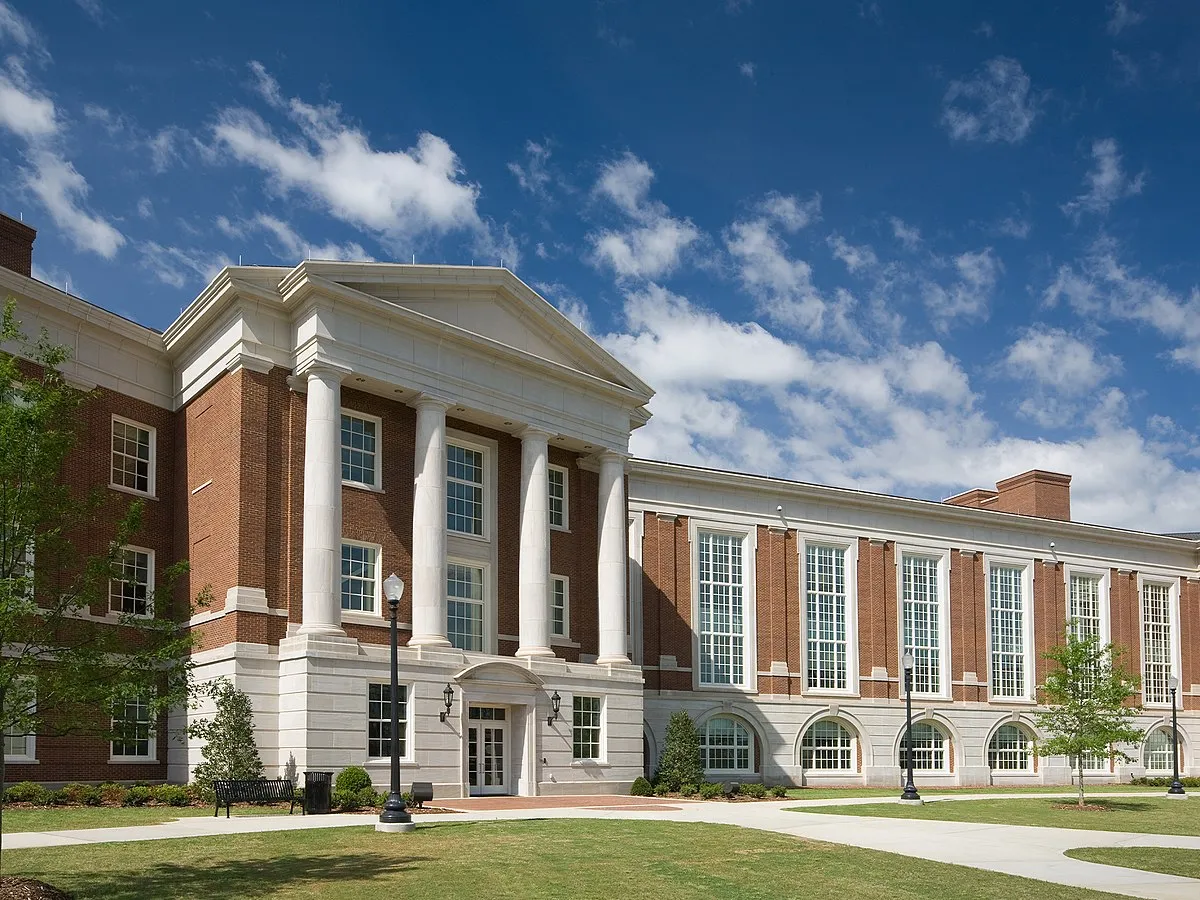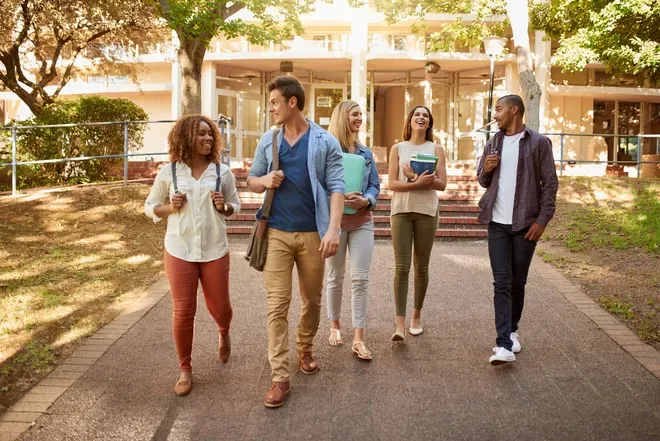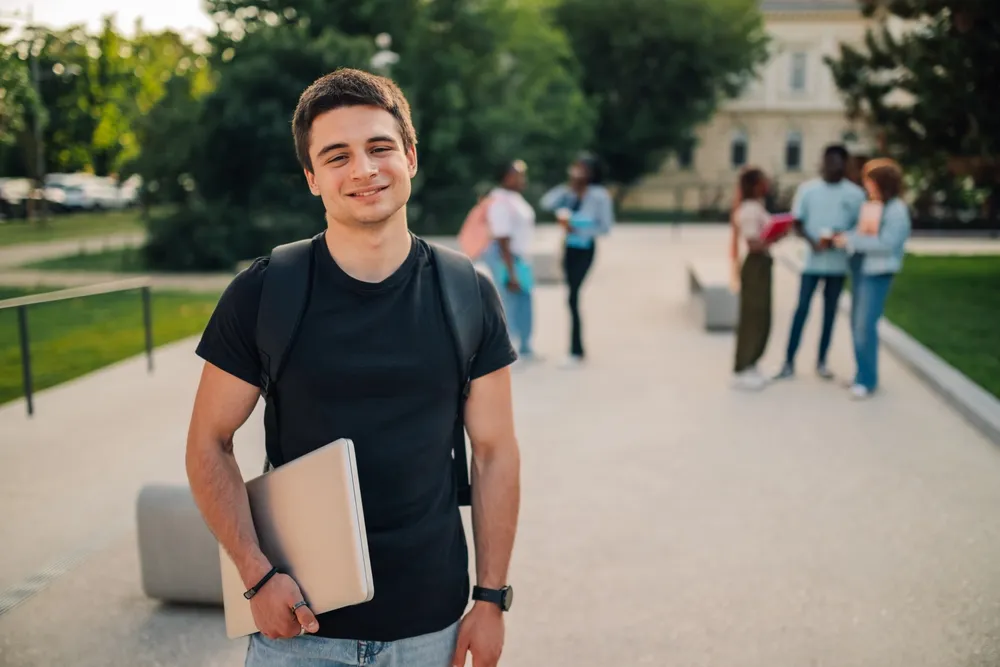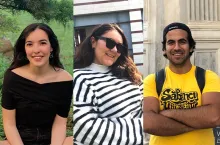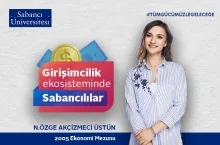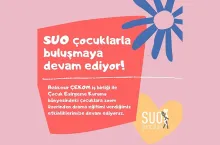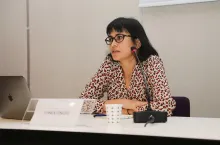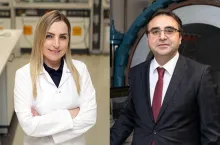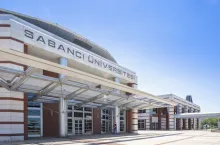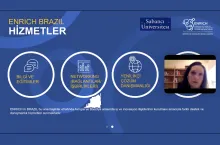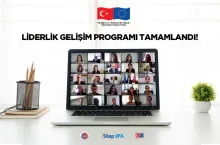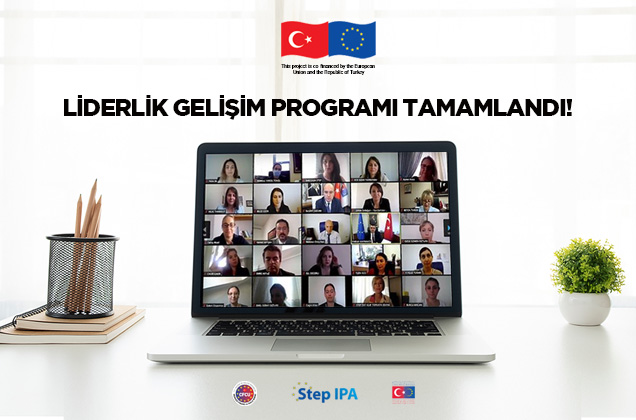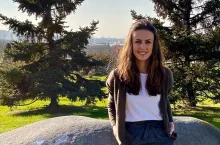10/03/2021
The “Human Library", an international event, was held in cooperation with Sabancı University Civic Inclusion Projects (CIP) and the Psychology Program of the Faculty of Arts and Social Sciences (FASS). The annual event, attended by Sabancı University students, was held this year for the 9th time.

As with normal libraries, the Human Library consists of readers, librarians, books, and book catalogs. The only difference between this library and the rest is that the books in the Human Library are people like you and us, and they engage in a personal dialogue with their readers as an act of reading. The starting point of the library is “Do not judge the book by its cover!” and the books in this library are representatives of groups that face prejudices and stereotypes, often victims of discrimination and social exclusion.
The Human Library is an international project organized by non-profit volunteers dedicated themselves to differences in our society. The purpose of the library is to help establish a constructive dialogue between people from different social groups. Established in a comfortable, safe environment, this dialogue becomes the basis for eliminating stereotypes that form the basis of discrimination.

Ece Demirbolat, a sophomore student at the Psychology Program of FASS, described her impressions as follows: “My favorite time of the year at Sabancı University when the Human Library event is organized. Every year, I take part in the organization team with joy, as I participate in the event with great pleasure. When I first heard about the Human Library, when I found out that there would be people to read here, I was very surprised and excited. I was even more very curious when I learned that the main theme of the event was “Do not judge the book by its cover!” When I heard that the people we were reading were those who were subjected to social exclusion due to stereotypical prejudices, my excitement was replaced by questions that appeared in my mind. And when it was time to find the answers to these questions, I was very impressed by the communication I experienced. It sometimes offered me a chance to empathize, as it made me learn how unfounded these prejudices that I experienced and that made others experienced, whether knowingly or not. The Human Library is a very special event for me because it allows me to talk freely, candidly about what is considered taboo by society, and most importantly, it allows me to understand what is happening outside of the bubble I live in.”
Another participant of the Human Library, Hilal Kakışım, a sophomore at the Faculty of Management Sciences of Sabancı University explained her impressions as follows: “We all sometimes develop prejudices against each other consciously or without even realizing it. When we have the opportunity to have a personal conversation with people we approach with prejudice, we often realize how unwarranted and meaningless the assumptions we make are. I also wanted to take part in the event this year to remind myself once again how meaningless our prejudices are and to support the event at the organizational level.
It is a very valuable event not only for readers, but also for books as a platform where they can express themselves with tolerance and respect. At the same time, I believe that the opportunity to meet them in everyday life is also very valuable, to read books that we may never get to read elsewhere. I believe that the way to become a more peaceful and harmonious society is to understand each other and approach each other with tolerance. This is exactly what we provide with this event. I am very happy to be involved in this event, which takes place every year with its various books and hundreds of readers.”
Another participant of the Human Library, Yiğit Karataş, a sophomore at the Materials Science Program of the Faculty of Engineering and Natural Sciences (FENS) of Sabancı University, shared his impressions as well: “The Human Library is an event that every person should experience at least once in their life. I remember it as if it were just yesterday, in my first year at the university, the commotion in the corridors of the Faculty of Arts and Social Sciences (FASS) caught my attention. I was shocked to hear about the concept and joined this adventure by grabbing my two book tickets given per person. Since then, I am very happy to be involved in this project, which I have been regularly involved in every year and switched to the organizational side with the CIP family.
You get to experience perhaps the purest form of human communication. The person in front of you is sitting with great courage against the tons of misinformation or prejudices you know, and every second from the moment the book opens in its first pages, it is a different experience, a different feeling. The problem is that even with every question, it remains too radical to consider our unconsciousness and prejudices in society. The Human Library gave me the most special moments when I said I am really thankful to be at this university, that I live in such an atmosphere of empathy and tolerance.”

